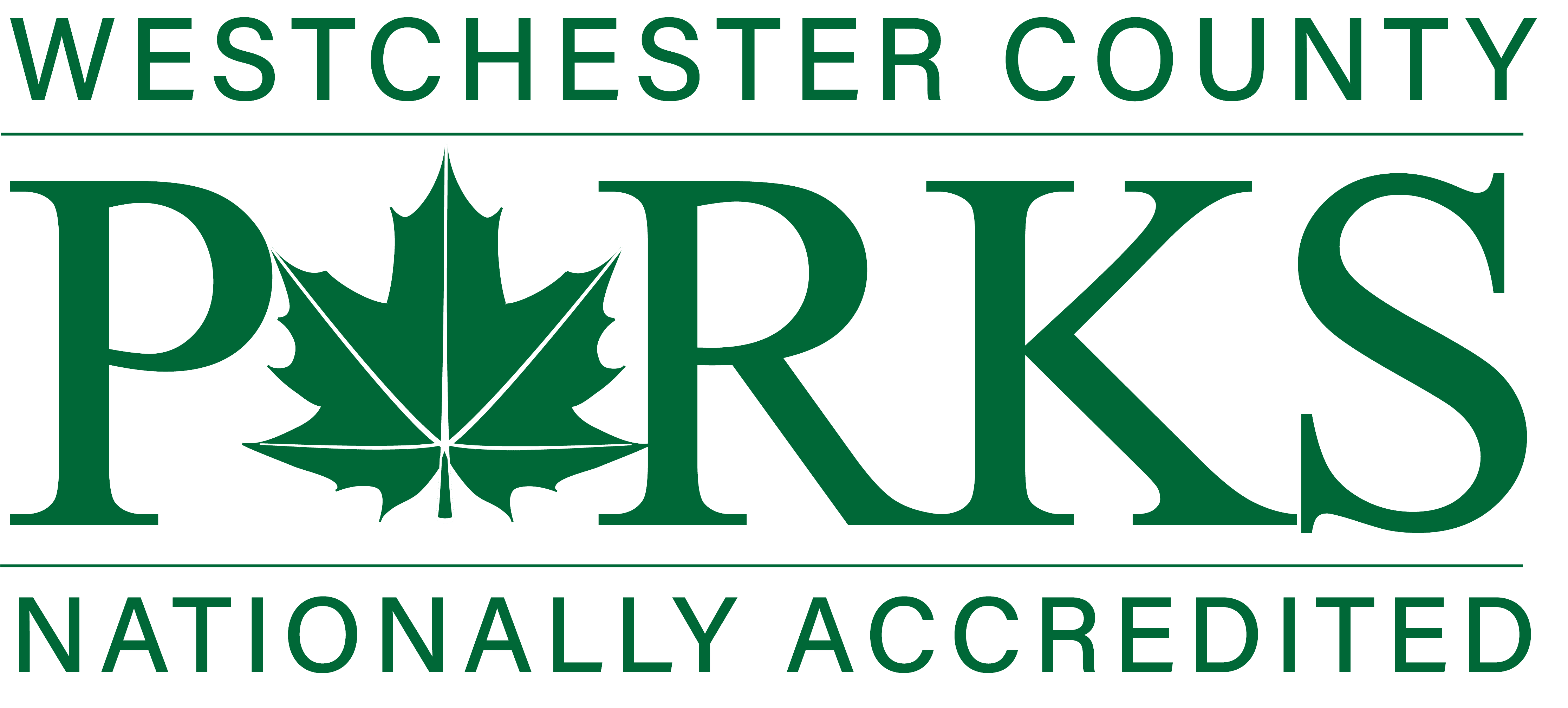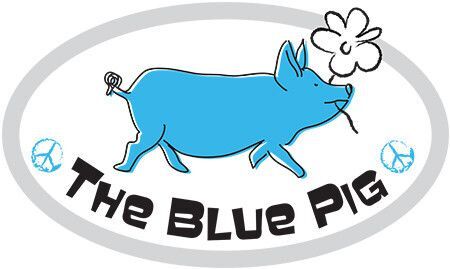Event Calendar
We offer a variety of educational public programs and events year-round. Please note that some events and programs require pre-registration and cannot accommodate walk-ins. As events are subject to change, please call us with any questions at (914) 862-5006 or email us at education@hilltophanoverfarm.org.
Please reach out to us if you are interested in a program but the cost poses a financial challenge for you.
Any program requiring registration will be on our Eventbrite page. Click here to access this page.
To view our full Farm Stand Opening Calendar please click here.







